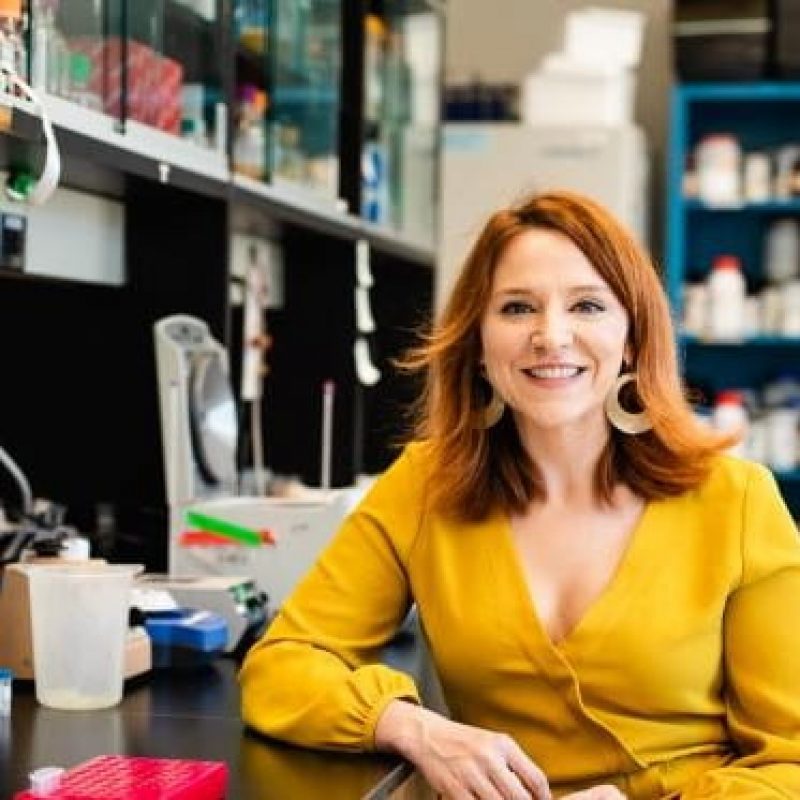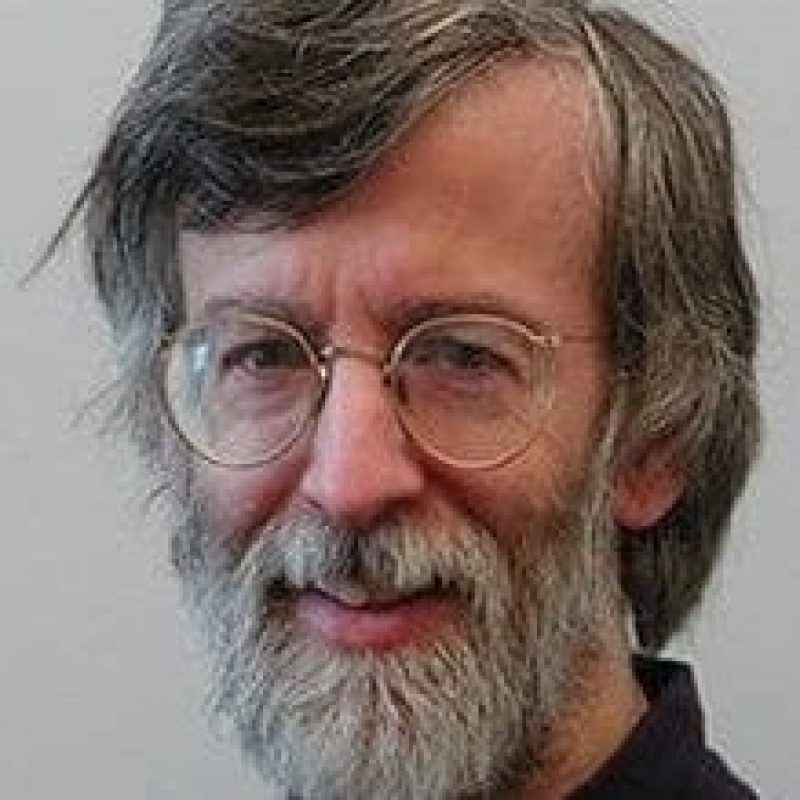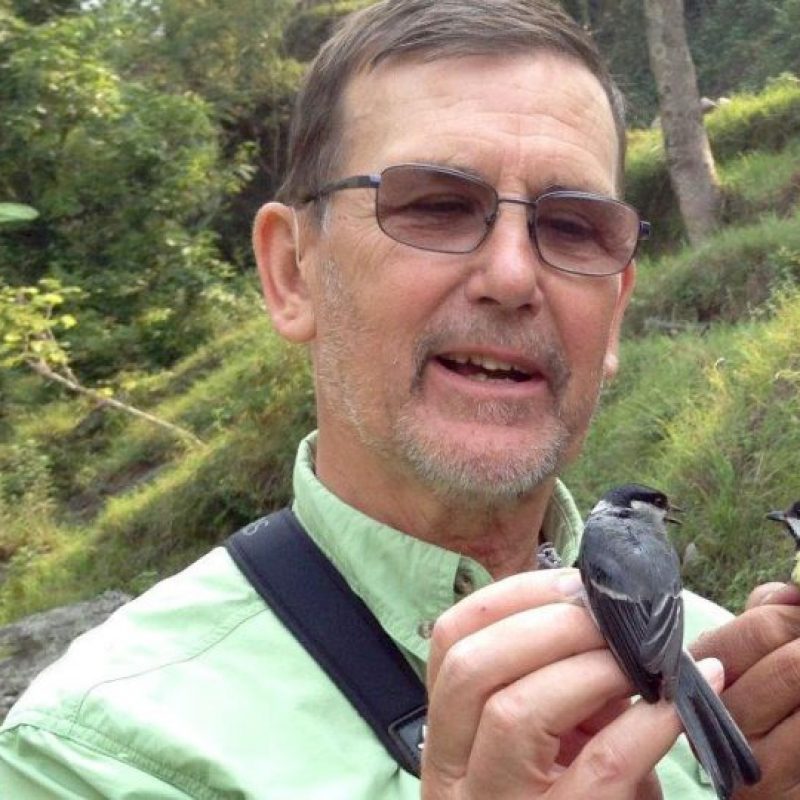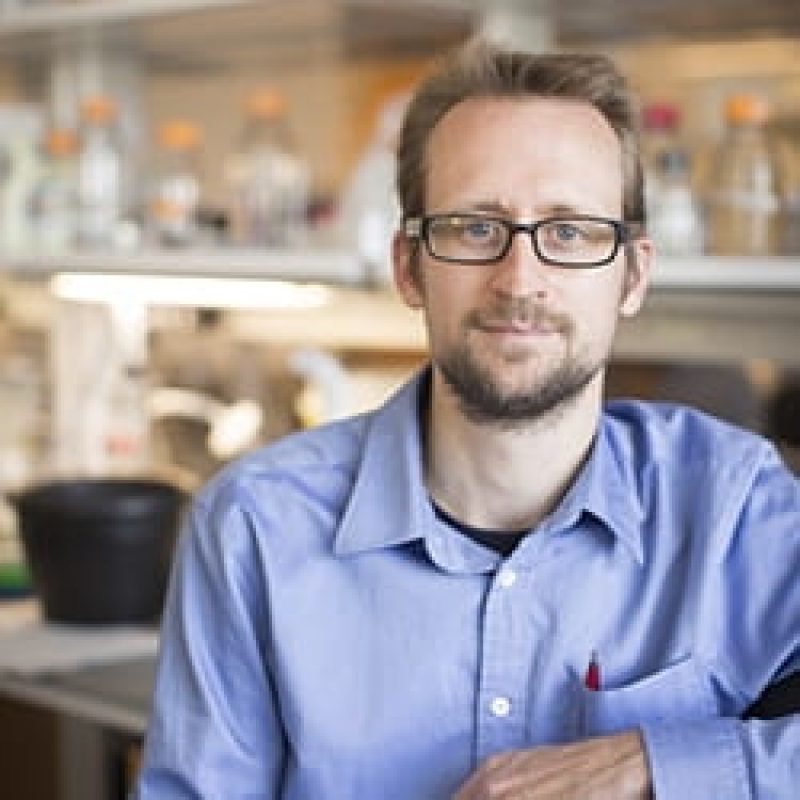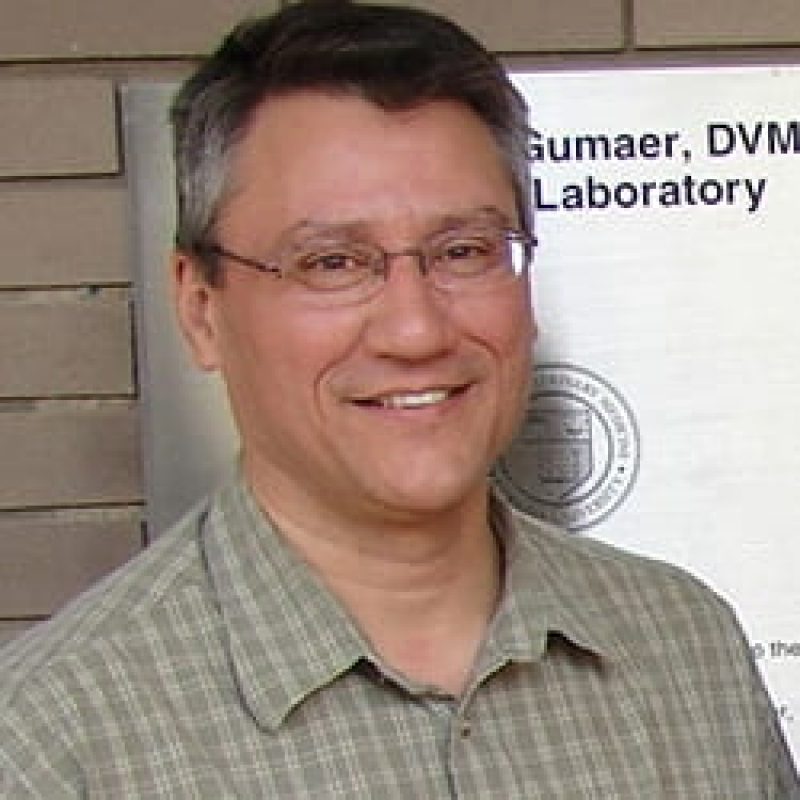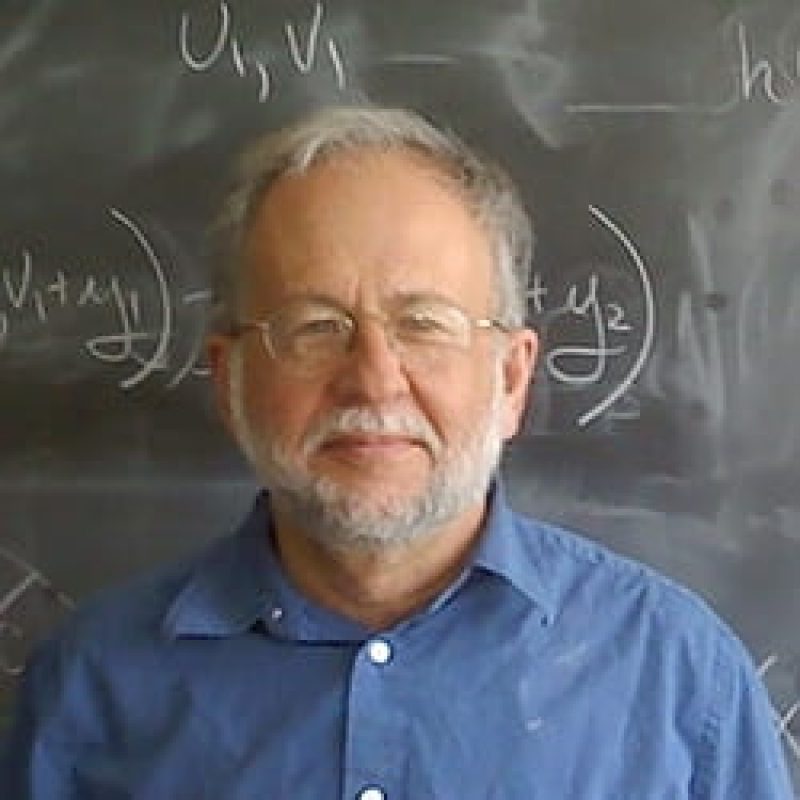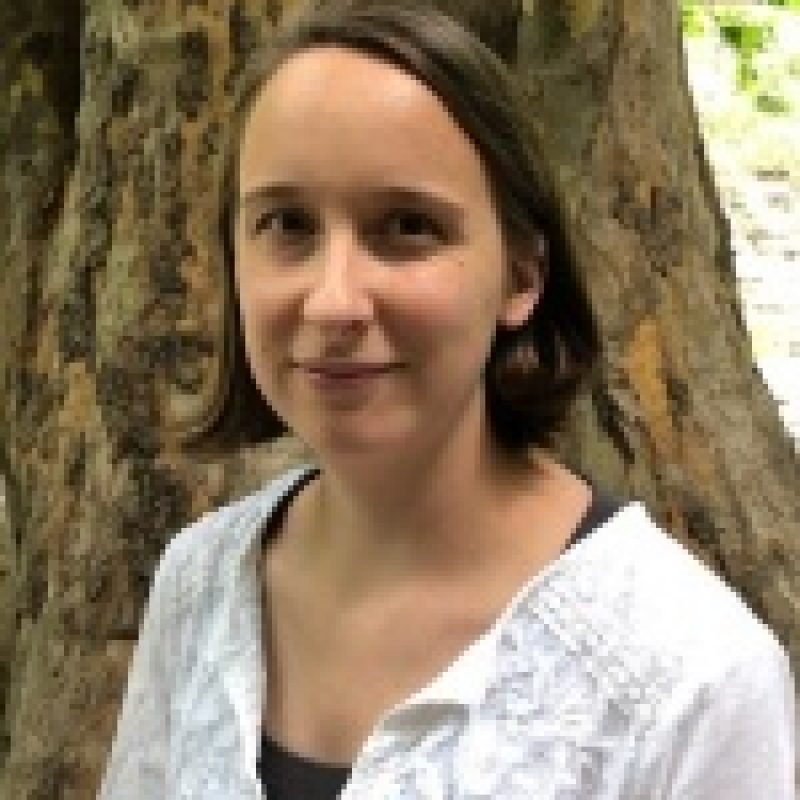Roles:
Faculty, Potential Undergraduate Mentor
Research Areas:
Agriculture Research, Disease Ecology and Evolution, Genetics, Genomics and Cell Biology of Infection, Microbiota and Microbiomes, Plant Hosts, Viruses
Numerous studies demonstrate that vector-borne pathogens influence host characteristics, resulting in altered host-vector interactions and enhanced transmission. We seek to determine the molecular mechanisms that underlie this phenomenon and use this knowledge to develop innovative control strategies using genetic and biochemical approaches. Current focuses are on changes in plant signaling and defenses, cell biology, and protein functions in response to insect vectors.
Read more about Clare Casteel
